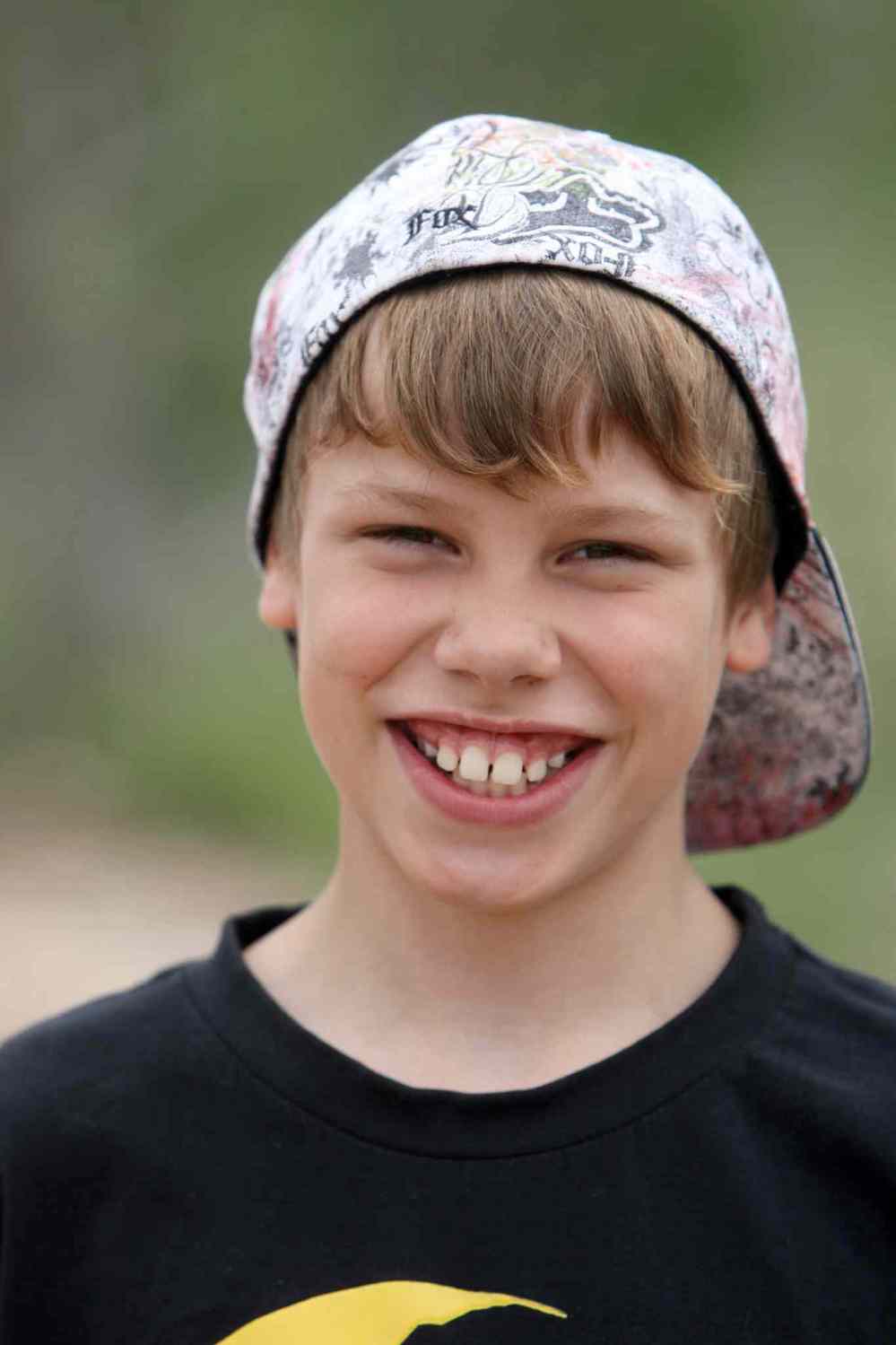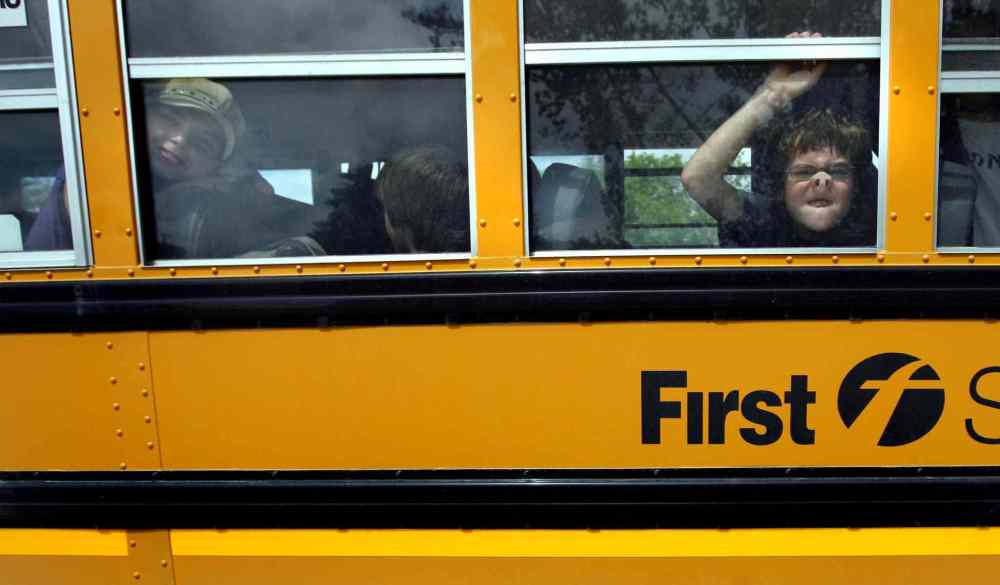Our fourth-graders learn it can be hard to say goodbye
Advertisement
Read this article for free:
or
Already have an account? Log in here »
To continue reading, please subscribe:
Monthly Digital Subscription
$0 for the first 4 weeks*
- Enjoy unlimited reading on winnipegfreepress.com
- Read the E-Edition, our digital replica newspaper
- Access News Break, our award-winning app
- Play interactive puzzles
*No charge for 4 weeks then price increases to the regular rate of $19.00 plus GST every four weeks. Offer available to new and qualified returning subscribers only. Cancel any time.
Monthly Digital Subscription
$4.75/week*
- Enjoy unlimited reading on winnipegfreepress.com
- Read the E-Edition, our digital replica newspaper
- Access News Break, our award-winning app
- Play interactive puzzles
*Billed as $19 plus GST every four weeks. Cancel any time.
To continue reading, please subscribe:
Add Free Press access to your Brandon Sun subscription for only an additional
$1 for the first 4 weeks*
*Your next subscription payment will increase by $1.00 and you will be charged $16.99 plus GST for four weeks. After four weeks, your payment will increase to $23.99 plus GST every four weeks.
Read unlimited articles for free today:
or
Already have an account? Log in here »
Hey there, time traveller!
This article was published 05/07/2009 (6003 days ago), so information in it may no longer be current.
"Why can’t we get all the people together in the world that we really like and then just stay together? I guess that wouldn’t work. Someone would leave. Someone always leaves. Then we would have to say goodbye. I hate goodbyes. I know what I need. I need more hellos."
— Snoopy
The wise old beagle was right. We can’t hold on to all the people we really like – even the ones who had us at "hello."
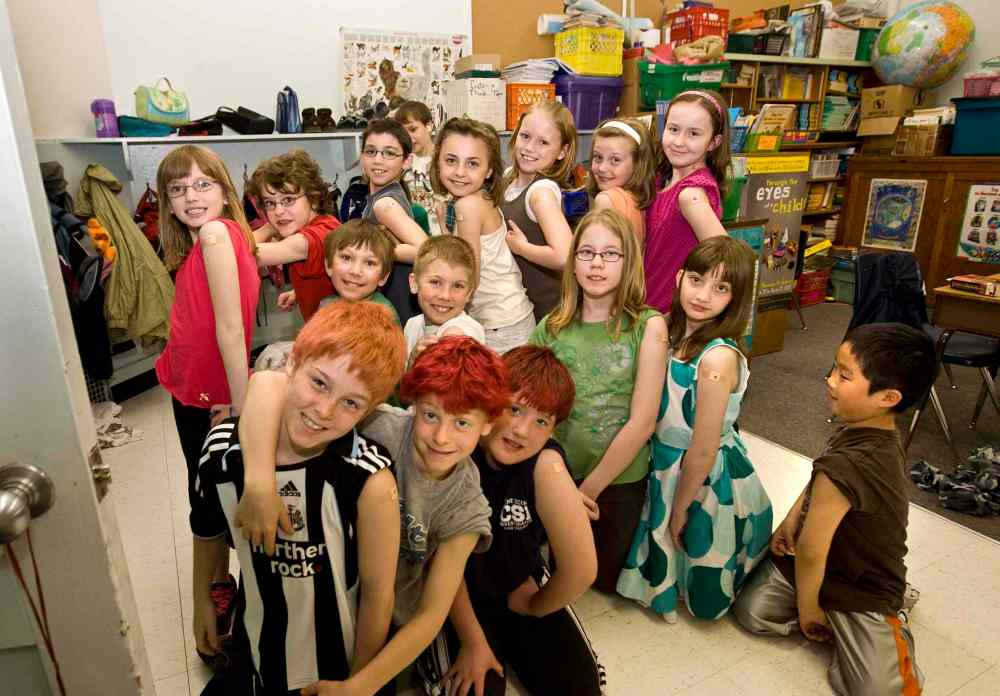
Just ask Sarah, a lifelong Winnipegger who met her best friend in kindergarten, "basically in the first five minutes."
Then, in Grade 2, the friend moved to Yellowknife.
"I was very sad," Sarah recalls. "It took me a whole month to get over it."
But we always do, because life is about growth and growth involves change and eventually we come to understand what another philosopher — even older and wiser than Snoopy — meant when he said that "Nothing endures but change."
It even happens to rocks, eventually. The tallest mountain could have once been the bottom of a lake. You learn that stuff in elementary school.
School can also teach you a lot about friendship — how to build healthy ones, how to resolve conflicts with people you like (or don’t like, or used to like) — but there’s no lesson plan for letting go.
"It makes you think they might move away, so what’s the point of making friends in the first place?" a friend we met in kindergarten said during a recent discussion on the subject. Good question, Noah.

Welcome back to Windsor School, where we say hello again to the Class of 2017 as they say goodbye to Grade 4 — and to two more of their classmates.
When we first met him back in Ms. Gietz’s kindergarten classroom, Gabriel vowed to quit school in fourth grade to avoid the needles. "It just felt like a pinch," says the now well-inoculated 10-year-old, rolling his eyes when reminded of his erstwhile plan.
Gabriel is leaving Windsor, but only because he’s transferring to a private school. (Apparently he’s now considering a future career "that helps people — like a medical thing.")
Savanna, the social butterfly who wore a T-shirt emblazoned with an I (heart) My Attitude decal on the first day of Grade 1– and has lived up to it ever since — is moving to Alberta, where she’s looking forward to acquiring a cow and naming her Bessy.
Earlier this year, Brix Jordan (who joined in Grade 3) transferred to another Winnipeg school, and Paige moved to rural Manitoba, and Sajjad relocated to Calgary.
Even Windsor principal Charles Tinman is surprised at the flurry of farewells in Room No. 8.
"We don’t have a lot of movement typically," he says. "The school is very stable in terms of its enrolment."

The students lost more than a classmate and a friend when Sajjad, who has Down Syndrome, gave his farewell high fives.
"We’re talking about a little boy who used to ride his tricycle up and down the hallway, ringing a bell and shouting, ‘Good morning!’ as he passed," Tinman says of the Afghan boy, who could speak only Farsi when he arrived in kindergarten.
"He really nurtured the caring spirit in that class. It went beyond tolerance to really caring and he just blossomed."
Aby, in particular, developed a special bond with Sajjad and still has the picture he drew for her tacked on her bedroom wall.
"We stopped by his house on moving day with treats, and they took pictures," says Aby’s mom, Mary. "She was sad when he was gone, but it was OK because we were able to say good-bye."
Letting go is typically harder for girls, the experts say, especially when they’re on the "cusp of adolescence" (you can see puberty from here) and going through a raft of internal changes as well.
"Certainly it would be more difficult at this age because they’re two years ahead of boys in pubertal development, and because that transition is happening at the same time as cognitive and biological changes," says Dr. Kimberly Schonert-Reichl, a developmental psychologist and associate professor at the University of British Columbia.
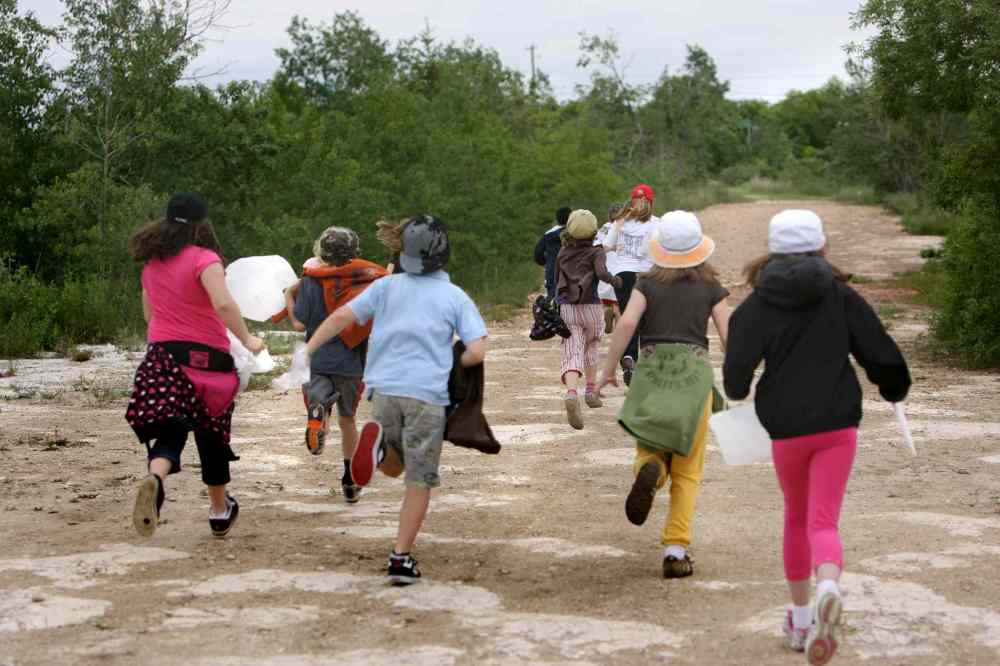
"Also, friendships become much more critical at this age. By the fourth and fifth grade, there’s more stability in friendships. Groups form and it’s harder to break in."
BFF (best friends forever), anyone?
"Meagan is probably going to cry her life out if I ever move away," says Naomi, who came to Windsor in Grade 2 — and forged the bond of which she speaks on the second day.
Not that BFFs are a solely female phenomenon. Gabriel will be back on the community soccer pitch in the fall with his teammates Griffin, Julian and Jesse — who spent most of Grade 4 with matching dyed-red locks.
"Female relationships characterize intimacy and closeness and are more about self-disclosure, where with boys — and men — it’s defined by shared activities," Schonert-Reichl, whose sons are nine and 12, says.
"They don’t go up in a room and sit and share secrets."
Sajjad may have spent most of his time on the sidelines, but his legacy to the team has yet to be fully revealed.
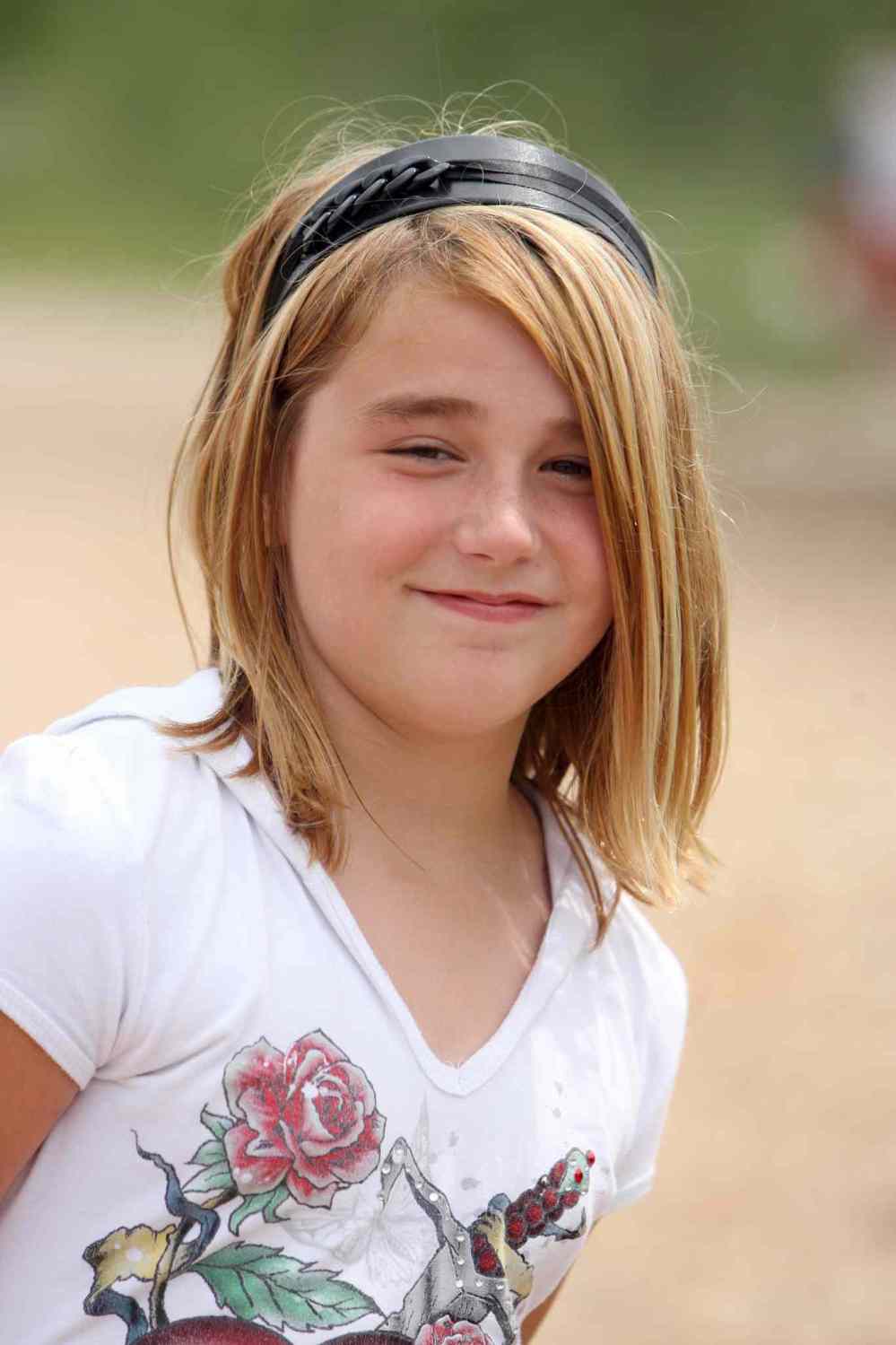
As the Class of 2017 move past the cusp and into the tweenage world of cyber-communication — and other new ways of relating (hint: puberty) — social dynamics will become a tangled web where things like acceptance and inclusion aren’t so readily found.
"Fourth and fifth grade is a critical milestone in terms of emotional development — development of empathy in particular," says Schonert-Reichl, whose 2006 report Middle Childhood Inside and Out was among the first in Canada to explore the psychological and social worlds of kids ages nine to 12.
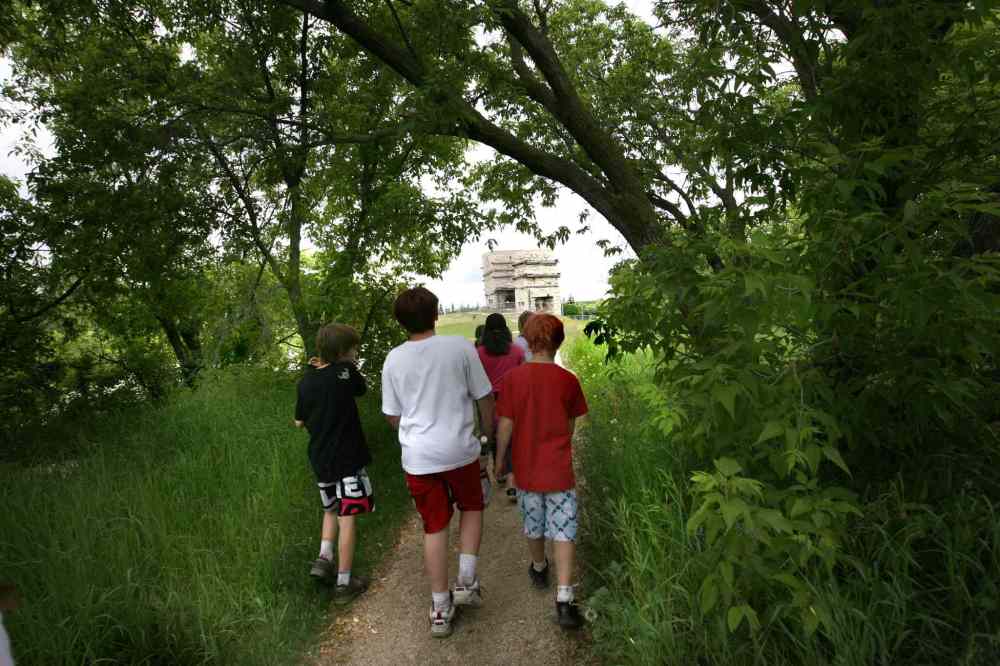
"Empathy is a physiological response to the pain of others, but when you e-mail someone or you join in on putting someone down, you don’t experience empathy the same way because you don’t see that person’s reaction.
"If we are more and more pointed away from real or social interaction and make it all virtual, I think there’s going to be repercussions for later development."
Fortunately, things are still pretty social on the cusp.
And just to be clear, Noah is far from a fatalist when it comes to friendship.
"I’m not saying don’t make friends," he says, "I’m just saying that if some of your friends move away who you’ve known for a long time, just try to look on the bright side. They might come back."
Julianna did, at the beginning of Grade 4. Her BFF was, shall we say, the opposite of very sad.
"I was jumping up the walls, seriously," Sarah recalls.
By the way, say hello to Renee, formerly of Birds Hill, and Chance, who was across town the whole time.
